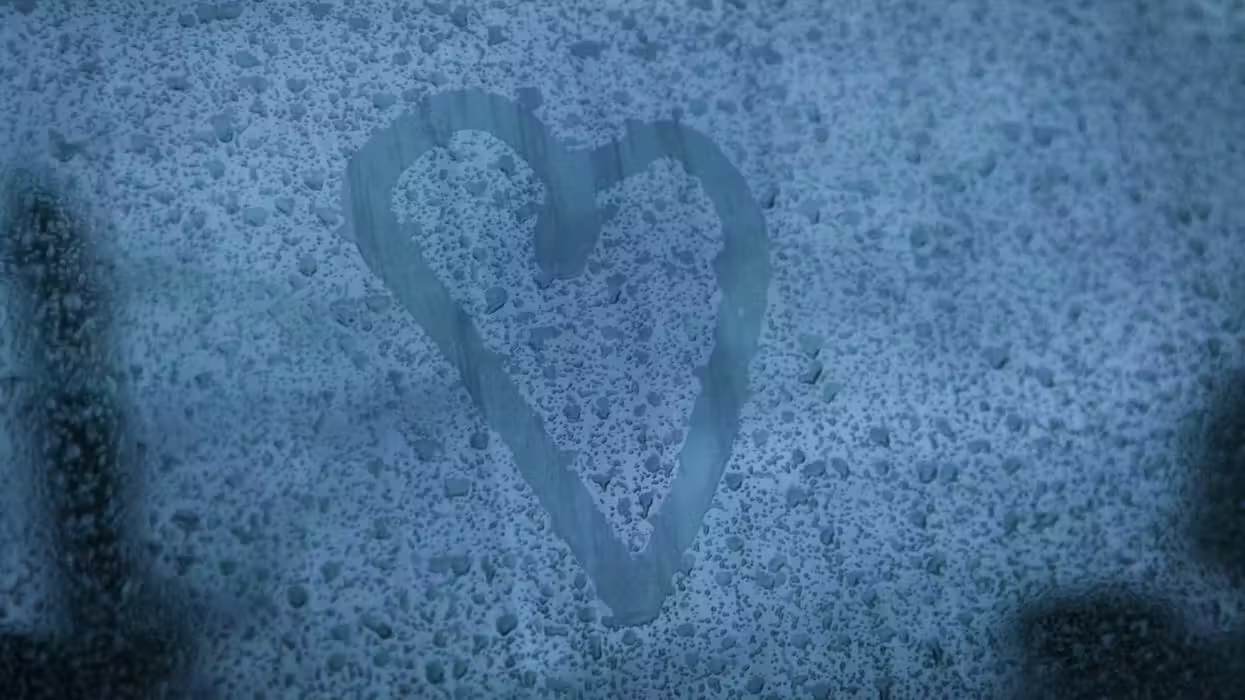Former Russian double agent Col. Sergei Skripal and his 33-year-old daughter were found slumped on a bench near a shopping center in Salisbury, England, on March 4. According to authorities, they had been poisoned, although police have yet to reveal what that poison could be.
Skripal’s wife, son, and older brother all died within the past two years. His son died while visiting St. Petersburg, Russia, with his girlfriend. Skripal’s daughter, Yulia, had been visiting him from Russia at the time of the incident. Col. Skripal and Yulia are now both fighting for their lives.
A local resident who saw the two of them on the bench described the scene to Reuters: “She sort of leant in on him, it looked like she'd passed out maybe. He was doing some strange hand movements, looking up to the sky.” The local commented that “it looked like they’d been taking something quite strong.”
While the substance used to poison Skripal and his daughter has yet to be identified, police in England were taking the situation very seriously. Teams arrived at the scene with hazmat suits and covered the bench with a decontamination tent. Radiation and toxicology experts were quickly brought in. The Guardian reported that the bench “was still cordoned off on Tuesday morning.” The Accident and Emergency department at the Salisbury District Hospital was shut down after the pair arrived there, according to the BBC.
The Telegraph reported that Col. Skripal “had recently gone to police claiming he was fearing for his life.” According to the Guardian, Skripal bought a house in England in 2011 under his real name, potentially compromising his safety.
In 2006, the Russian government convicted Skripal of "treason in the form of espionage” for spying on Russia for the United Kingdom and working for British intelligence service MI6 in the 1990s. In 2010, Skripal was traded to the United States as part of a high-profile spy swap. He then moved to the U.K.
Skripal would not be the first former Russian spy to be poisoned in the United Kingdom. In 2006, former Russian spy Alexander Litvinenko died after he was exposed to highly toxic polonium-210, which had been added to his tea at a hotel in London. British Judge Sir Robert Owen concluded that Litvinenko’s murder was “probably” approved by the Russian government, according to his 300 page-report after a public inquiry.






